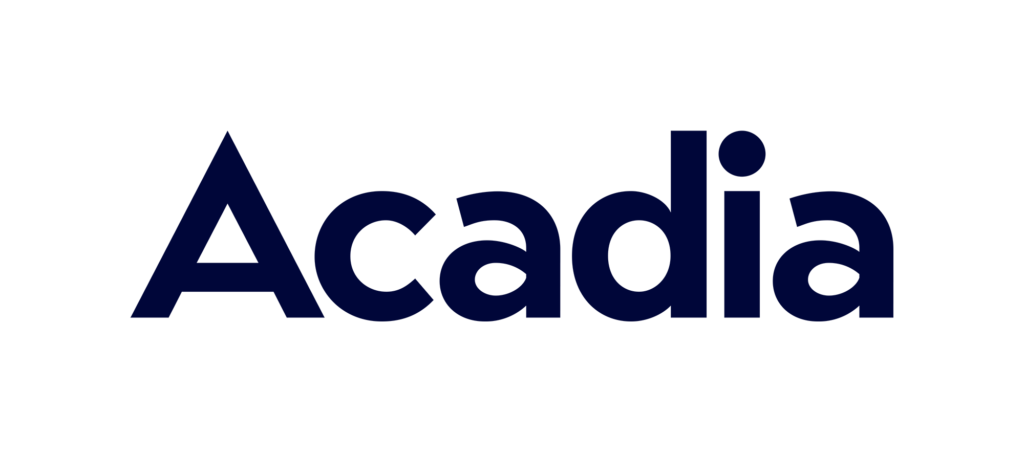As we approach 2024, the digital marketing and SEO landscape is undergoing significant transformations. The sudden firing and rapid reinstatement of Sam Altman from OpenAI along with the latest updates to Google's search quality raters’ guidelines are just the tip of the iceberg. These developments, coupled with the evolving role of SEO in marketing, signal a year of strategic shifts. This article delves into these changes and explores their implications for the future.
Leadership Changes and AI's Future
Sam Altman's departure from and reinstatement with OpenAI signifies a turning point in the AI sector, particularly as AI becomes increasingly integral to our daily lives and business strategies. This shift is poised to have a profound impact on digital marketing and SEO. As we move towards 2024, AI is anticipated to not only revolutionize SEO practices but also bring to the forefront the need for ethical considerations and innovative strategies. The industry's challenge will be to integrate these evolving AI technologies in a way that enhances user experiences and maintains transparency, without compromising on ethical standards.
These leadership changes at OpenAI could potentially alter the trajectory of AI innovation, especially in how it balances commercial objectives with ethical imperatives. For the SEO and digital marketing fields, this means navigating a landscape where adapting to new AI tools must be coupled with a steadfast commitment to ethical practices. The developments at OpenAI will be instrumental in shaping the integration of AI into marketing strategies, underscoring the importance of a responsible and ethically aligned approach.
Google's Ongoing Evolution
Google's update to its search quality raters guidelines reaffirms its dedication to enhancing user search experience. These guidelines, used by human evaluators, play a crucial role in ensuring that Google's algorithms deliver content that is high-quality, relevant, and trustworthy. The recent refinements, including a simplified Needs Met scale and updated examples for modern platforms, reflect Google's ongoing efforts to stay aligned with the evolving digital landscape and user preferences.
The updated guidelines emphasize understanding user intent and the ability of content to fulfill these needs. By offering clearer evaluation criteria, Google enables raters to more effectively gauge content relevance and quality. This feedback is essential in fine-tuning the algorithm to prioritize content that is not only accurate but also contextually relevant and valuable.
These guidelines highlight the ethical integration of human judgment with AI in shaping search results. Quality raters, with their nuanced understanding of user needs and content quality, provide a guiding human hand. This collaboration ensures that the algorithm prioritization is not solely dependent on AI, but is enhanced by human insight. This approach underscores Google's commitment to a balanced and ethical application of technology, setting the stage for a more responsible and user-focused digital future.
The Role of SEO in Shaping the Internet
The perception of SEO has historically been marred by practices that prioritize ranking over user value, as highlighted in critical assessments like the recent hit piece from The Verge. This portrayal underscores a significant challenge within the industry: the balance between optimizing for search engines and genuinely enhancing user experience.
Recent trends, however, indicate a promising shift towards more ethical SEO practices. This evolution is driven by a growing awareness within the industry of its responsibility to contribute positively to the internet's ecosystem. In 2024, we can expect a continued emphasis on creating content that is not only optimized for search engines but also genuinely informative and valuable to users. This change is not just a moral imperative but also a strategic one, as search engines like Google increasingly refine their algorithms to reward content that truly serves user needs.
This ethical shift in SEO is crucial for the industry's reputation and the broader digital landscape. By focusing on ethical practices, SEO professionals can play a pivotal role in shaping a more informative and user-centric internet. This approach aligns with the evolving guidelines of search engines, which are increasingly geared towards understanding and prioritizing user intent and satisfaction. As we move into 2024, the role of SEO is not just about adapting to algorithm changes but about leading the charge in creating a more trustworthy and valuable online environment. This transition will require a concerted effort from all stakeholders in the SEO community to prioritize long-term value over short-term gains, thereby contributing to a more authentic and user-friendly internet.
Embracing the Future: AI, Ethics, and Adaptability in SEO
Integrating AI with SEO is a defining trend as we approach 2024. AI's capacity for data analysis opens new avenues for refining SEO strategies. However, this advancement is responsible for using these tools ethically, ensuring AI-driven SEO enhances user experience and adheres to ethical standards. The future of SEO will increasingly depend on the judicious application of AI, harmonizing technological innovation with ethical practices.
Adaptability and a commitment to continuous learning are essential in this evolving landscape. The SEO community must be agile and ready to adopt new technologies and methods while focusing on creating real user value. Balancing innovation with ethical responsibility is key. As we enter 2024, the SEO and digital marketing sectors are at a pivotal point, with opportunities for growth and the potential to lead in shaping a beneficial digital world.
The convergence of AI, SEO, and digital marketing in 2024 presents unique opportunities and challenges. At this crucial point, we must determine how we leverage technological advancements while addressing ethical complexities. This period is an opportunity for growth and leading in fostering an environment that prioritizes user needs and ethical integrity. As we navigate these new territories, we must focus on building a digital future that is innovative, responsible, and centered around the user.
